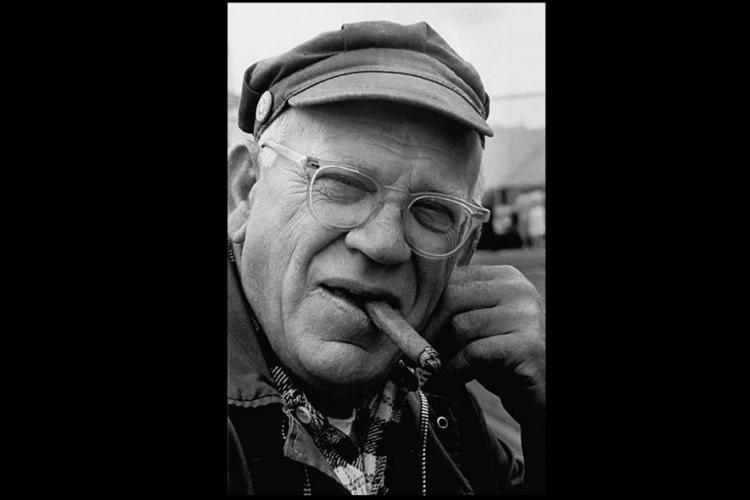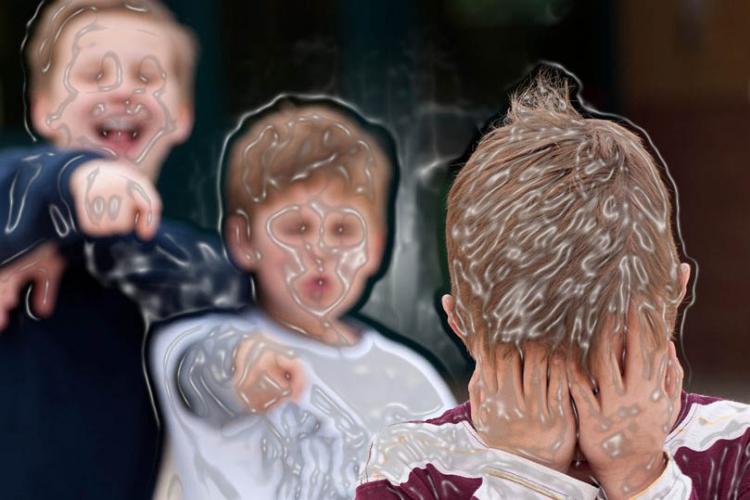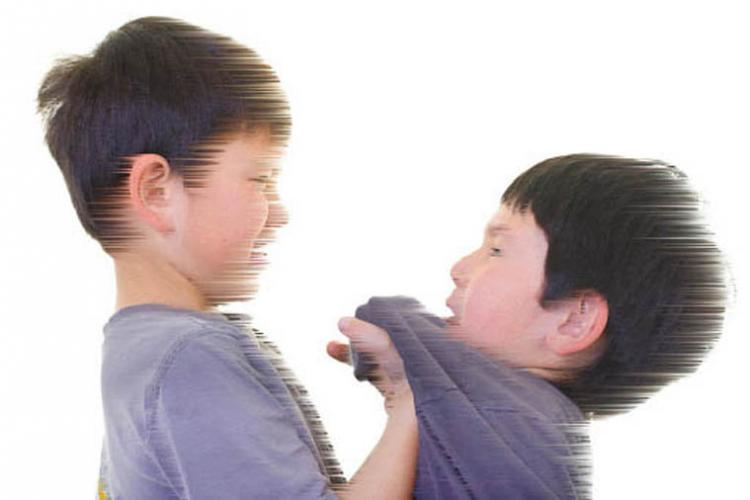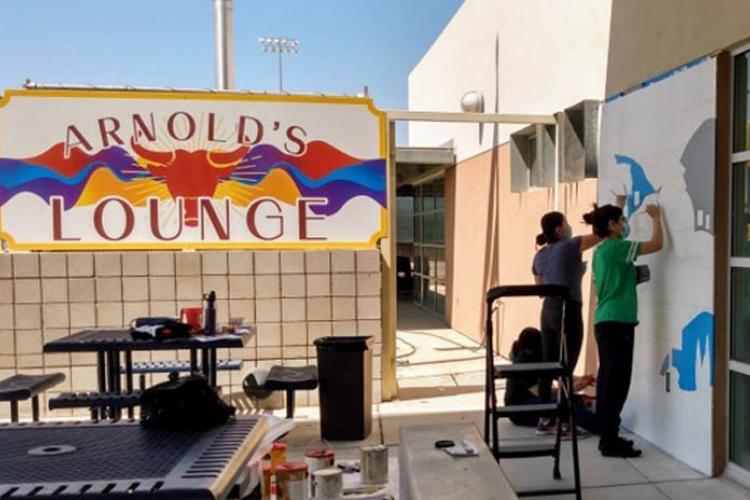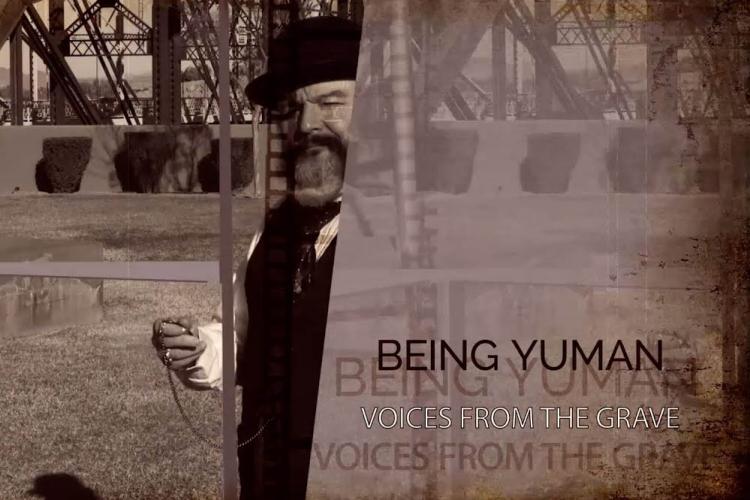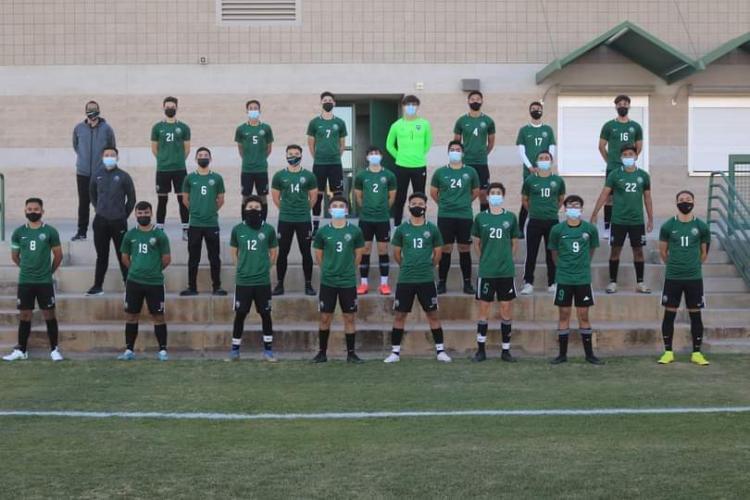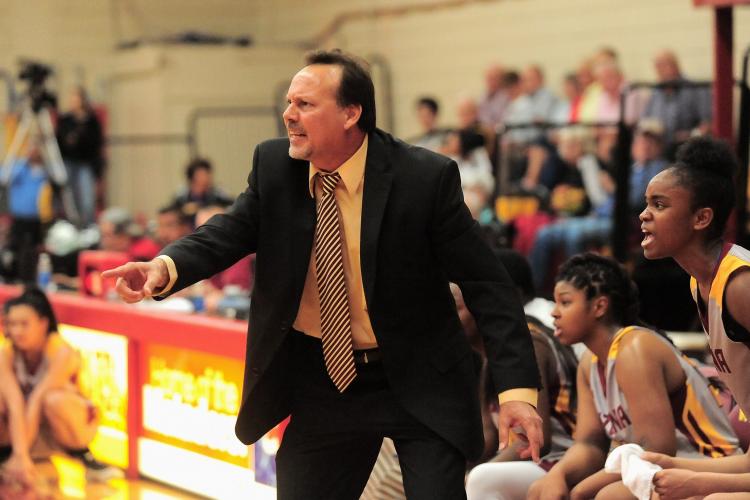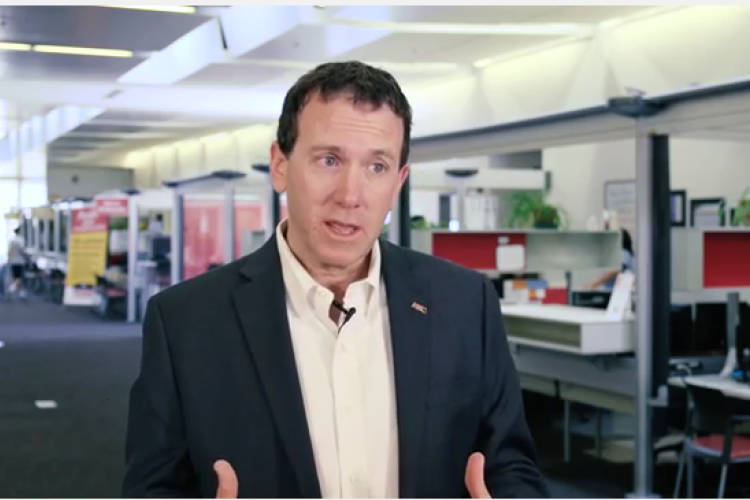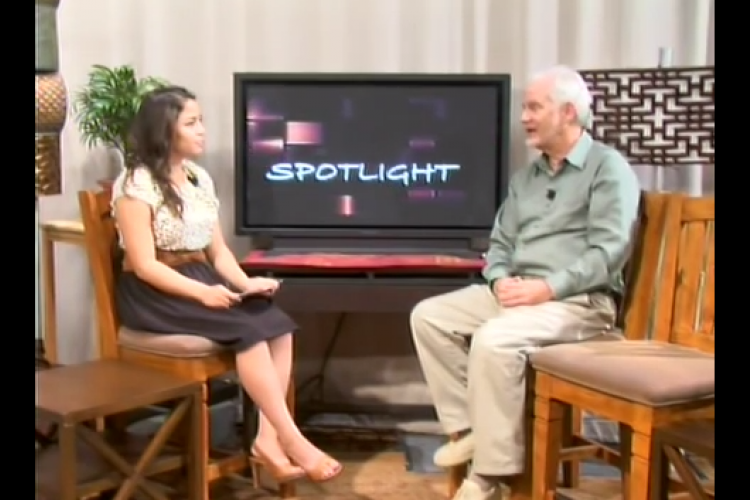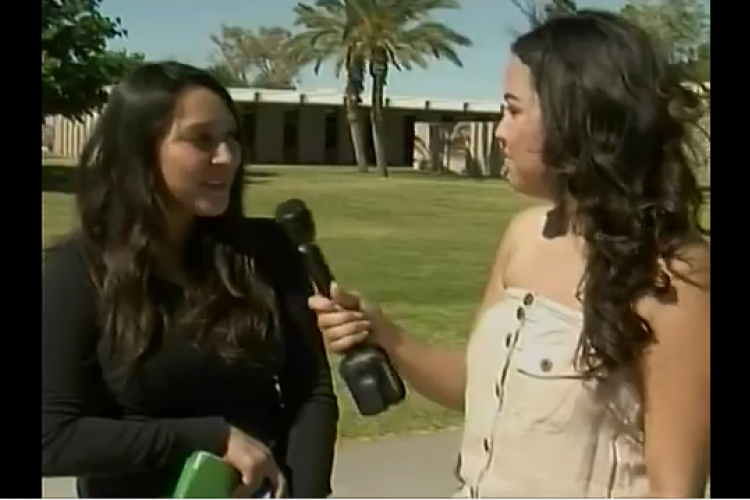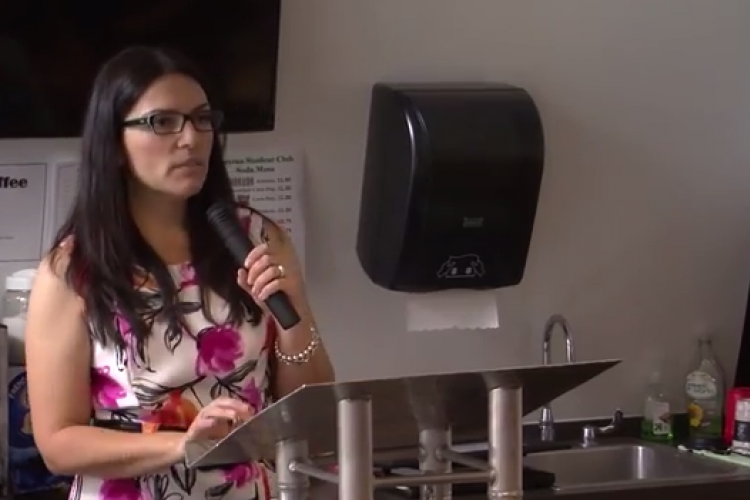
My personal experience with college burnout.
It was one of the most exciting moments of my life. I would finally be free and on my own, away from home and parents for the first time, relishing the college experience.
It was the fall of 2006. I had just graduated from high school in the top 25 percent of my class, confident in my ability to succeed. But high school had never prepared me for what was in store for me.
In over my head
I remember how I told my mother that I wanted to take a break from school for a year once I graduated, but she would have none of it. She believed that if I took a break from school I would get lazy and never want to go back and just delay it further and further.
Not wanting to disappoint her and let my parents or myself down, I enrolled into a two-year private all-women's college located in middle-of-nowhere Missouri. I chose that school because they offered me several scholarships so I didn't have to pay so much out-of-pocket.
Since I would be living at the college and focusing solely on schoolwork, I decided to tackle 19 credit hours -- 6 classes -- in order to earn my Associate's sooner. Big mistake.
At first, I remember thinking, "I got this! Let's do this!" I was pumped, but when I got my first grade back for a test, 60 percent, I slowly began to lose faith in myself. Other classes followed suit. I had this all-or-nothing attitude -- not a healthy attitude to have in any situation.
It seemed that no matter how hard I studied, or how late I stayed up, I could not retain information, and my grades only continued to suffer. Workload was always piling up. I was always tired, always stressed and always pushing myself, but never seeing positive results. I began to feel worthless and ashamed. I couldn't keep up.
"I'm just not working hard enough!" I would tell myself. "I need to get A's and B's, or I won't have a future! I can't fail!"
It became all about the grades for me, rather than the joy of learning -- an attitude I had come away high school with, partly because the teachers would tell their students that A's and B's are all that mattered in college. Grades make or break a student. Most of them never bothered to tell us that learning could actually be enjoyable.
Downward spiral
When I realized it seemed impossible for me to bring my grades up, I began to skip classes. I would spend my days in the computer lab browsing the Internet for hours and chatting on Facebook message boards.
I started to isolate myself from my friends and peers and I fell into a deep depression. I remember feeling so low, that suicide would constantly cross my mind. Most nights, I would cry myself to sleep.
I was afraid to face my parents when I got back home, so I didn't tell them how I was really doing. They were so proud of me for being in college that I felt guilty and embarrassed that I was letting them down.
I even had meetings set up for me with counselors, but I would avoid them. I would also avoid eye contact with my teachers when I saw them around campus.
It felt like all of my hard work in high school was all for nothing. I felt like an absolute failure, like I was trapped. It didn't help that I was so far away from home.
When the school year ended and I went back home, I didn't tell my parents how badly things had gone for me. I didn't tell them that I had gotten expelled for academic failure until the fall of 2007 rolled around.
They were expecting me to go back to Missouri, but I told them that I wasn't going back. When I explained why, they were highly disappointed to say the least. I expected it of course, but that entire experience repelled me from going back to college for several years.
Illumination
Fast-forward six years, and I'm explaining this entire situation to my then-boyfriend, Gerry. As he listened intently, he told me that what I had experienced sounded like academic burnout, and that it is very real problem.
"Burnout? I've never heard of that," I told him.
"Burnout is when you are overworked and overwhelmed. I learned about it when I was studying psychology. It's a huge problem among college and university students in America, he explained. "It's unfortunate, but it doesn't get talked about a lot in our country, so most students who fail due to burnout blame themselves. It can result in dire consequences -- in some cases suicide."
My advice to the students here at AWC, especially incoming freshmen who come straight out of high school, is to be careful and know your limits. Don't try to tackle more than you can, and know when to take breaks. Also, try not to procrastinate so that schoolwork doesn't pile up, and that will result in much less stress.
Signs of stress
Here are some signs that you may be experiencing burnout, courtesy of Mayoclinic.org:
- Excessive stress
- Fatigue
- Insomnia
- A negative spillover into personal relationships or home life
- Depression
- Anxiety
- Alcohol or substance abuse
- Heart disease
- High cholesterol
- Type 2 diabetes, especially in women
- Stroke
- Obesity
- Vulnerability to illnesses
Mayoclinic.org goes on to offer the following tips for managing the symptoms of burnout: manage the stressors that contribute to burnout, evaluate your options, adjust your attitude, seek support, and assess your skills and passions. And get some exercise!
Graphic by Pam Black



